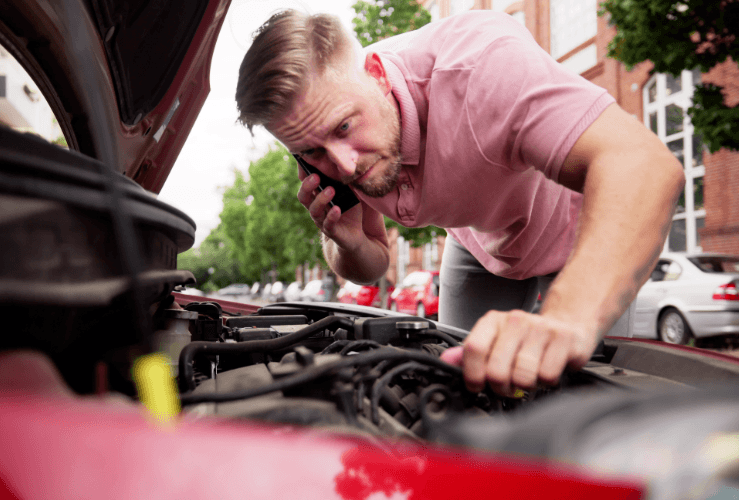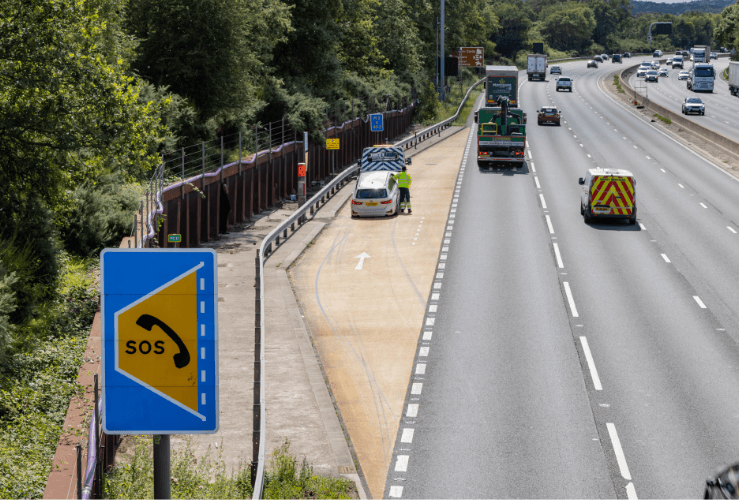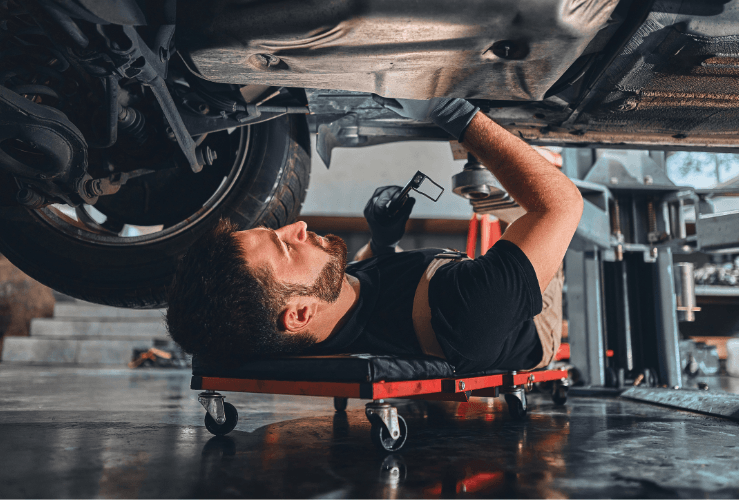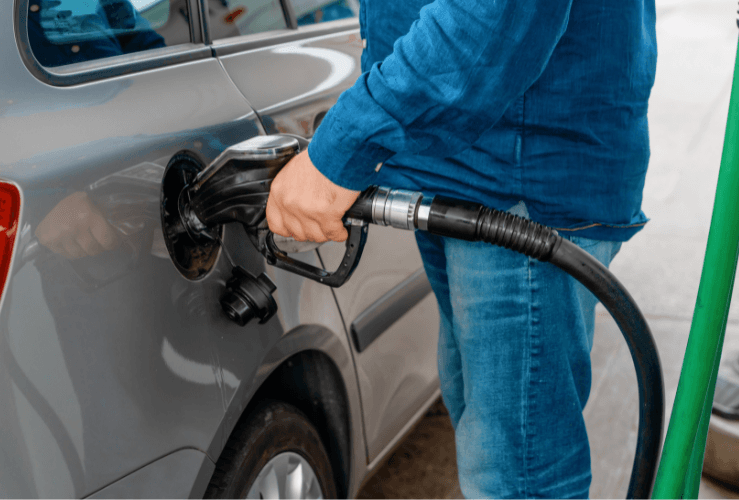Freedom, control, and convenience - these are just a few of the positive aspects of car ownership. But personal transport has its downsides: the cost, finding parking spaces - and worst of all, perhaps, the fear of breaking down.
Indeed, the very machine that offers so much freedom might be the one that sees you stuck in the middle of nowhere.

This anxiety is born out in multiple surveys - especially as regards breaking down alone.
In one study of 2,000 adults, 93% of women said they would feel scared and vulnerable if they broke down while alone. 45% of male drivers felt the same.
What's more, in the same survey, seven out of ten women would not want a male driver to stop to help them, while one in five would not want anyone to stop.
Despite these worries, the same study found that two thirds of lone drivers do not tell someone they know where they are going, while more than half do not ensure their mobile phone is charged before a trip.
And only two out of five had their breakdown recovery providers’ details with them.

How to reduce breakdown anxiety
As with so many worrying potential situations in life, preparation is key to reducing the fear of breakdowns: if you have a breakdown plan, you won’t worry so much.
1. Have your breakdown provider's details to hand
Download your breakdown provider’s app (if they have one) to make contacting them quicker and easier.
If you're not signed up to a breakdown provider's services, consider doing so.
Get a quote for breakdown cover
Remember you can also often join up after a breakdown, but this invariably involves paying a one-off fee on top of the membership cost.
Having a breakdown policy should give you more peace of mind - because if you break down, help is just a phone call away.
2. Ensure your mobile phone is charged up before you start your journey
Needless to say, contacting your breakdown provider, or the emergency services without a mobile phone will be tricky - not least because payphones are much harder to find.
Consider buying a car phone charger, so you can get a recharge if required.

3. Don't forget about SOS call boxes on motorways
If your phone is dead and you're on a motorway, you can use one of the orange emergency telephones. These connect directly to the Highways Agency Regional Control Centre, who will be able to send help.
4. Ensure you have data on your phone
This is so you can check your location on Google Maps, or contact people through applications such as Messenger and WhatsApp - and of course, so you can use your breakdown recovery app (if you have one).
5. Keep an emergency kit in your car at all times
This should include items like a first aid kit, torch, jumper cables, blankets, water and snacks.
Also double-check you have a warning triangle and fire extinguisher onboard (not mandatory but recommended).
Check out our top 10 must-have items for your car emergency kit.
6.Tell someone you know where you are going
As well as being a sensible precaution in itself, this may make you feel more relaxed - especially if you are driving alone.
7. Stay on top of your car's maintenance
If you know your car is in good working order, you'll worry less about a breakdown. This means keeping to your maintenance schedule, and taking note if a mechanic pinpoints a problem that could become more serious if left alone.

8. Find a trusted mechanic
It's a good idea to have a garage you trust - both in terms of quality of work, and affordability. The more you trust them, the more you'll trust your car (and worry less about a breakdown).
9. Take note of any warning signs
If you notice any dashboard warning lights, it's best to get your car checked out by a mechanic rather than continuing your journey.
For example, if you see a battery warning light (12V and/or charging system if you run an EV), you shouldn’t drive anywhere. Equally, if your vehicle is making any unusual sounds - such as clicking, banging or whirring - get someone to take a look.
10. Carry out checks before you set off
Check your lights are working properly, and that tyre pressure, oil, and coolant levels are as they should be.
11. Take regular breaks
Driving can be fun - but it can also be stressful.
Taking regular breaks can help alleviate the stress of having to pay attention to the road, of dealing with other road users - and of any hidden worries about breaking down. Breathing exercises and stretching (while parked up, of course) can also help release built-up tension.

12. Ensure your vehicle has enough fuel (or is charged up)
According to one survey, 28 percent of UK drivers admit that their vehicle had run out of fuel before.
Ensuring your car has enough fuel or charge for a long drive will help reduce any breakdown concerns.
Also note that driving regularly with low levels of petrol or diesel can damage your engine, since debris can collect around the fuel pump or filter.
13. Be aware of the common breakdown causes.
By knowing what is likely to cause a breakdown, you can take precautionary steps - or at least know the signs of a problem.
Common breakdown causes:
- A flat or faulty battery
- Alternator faults
- Damaged tyres or wheel
- Electrical issue
- Keys and alarms (getting locked out)
- Misfuelling
- Clutch cables (manual vehicles)
- Diesel Particulate Filter (DPF)
- Starter motor fault
- Overheating (often low coolant or a coolant leak)





